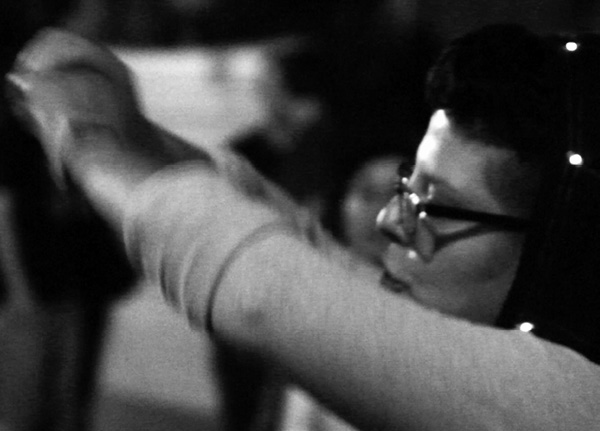
LOCAL AUTONOMY NETWORKS :: FIND EACH OTHER
first performed on September 14, 2012
Zero1 Biennial—(e)Merge Street Festival, San Jose, CA
performed twice in 2012
MICHA CÁRDENAS, ALLISON WYPER & KAREN ANZOATEGUI
Bianca Molina, Ezak Perez, Jovan Wolfe, Alison Reed
Los Angeles, CA
635642686m635642686m635642686c635642686a635642686r635642686d635642686e635642686n635642686@635642686u635642686s635642686c635642686.635642686e635642686d635642686u
autonets.org
LOCAL AUTONOMY NETWORKS :: FIND EACH OTHER
MICHA CÁRDENAS, ALLISON WYPER & KAREN ANZOATEGUI
Local Autonomy Networks (Autonets) is an artivist project focused on creating networks of communication to increase community autonomy and reduce violence against women, LGBTQI people, people of color and other groups who continue to survive violence on a daily basis. The networks are both online and offline, including handmade wearable electronic fashion and face to face agreements between people. The networks are being established through a series of workshops, performances, presentations and discussions at art, activist and academic venues in the Americas and Europe. The project was started by Micha Cárdenas but is rapidly expanding into an ecology of networks involving many artists, hackers and activists.
Autonets includes a line of mesh networked electronic clothing with the goal of building autonomous local networks that don’t rely on corporate infrastructure to function, inspired by community-based, anti-racist, prison abolitionist responses to gendered violence. The Autonets garments, when activated, will alert everyone in range of the the local mesh network who is wearing another autonet garment that someone needs help and will indicate that person’s direction and distance.
For this performance, Micha Cárdenas, Allison Wyper and Karen Anzoategui held a workshop in San Jose for Autonets to develop movement to use in the performance to create a group choreography that would express the concepts of building networks to prevent violence against women, queer and trans people, people of color and differently-abled people. We did this, combining my knowledge of Theater of the Oppressed with Allison Wyper’s knowledge of the Pocha Method to create a workshop environment for a group of participants who work in performance, theater, performance studies and community organizing. These gestures are built on two aspects of community-based, prison abolitionist responses to violence: 1.) That we already know violence and how to respond to it. 2.) That in order to develop our own responses to violence we have to use our creativity to develop strategies, including the creativity of our bodies.
What emerged from this workshop was a group choreography of movements created by the participants, using the dance technique of flocking to turn them into a group choreography using the wearable electronic Autonets hoodies and bracelets. The performance was, in effect, an exercise in network building, community building, developing group trust and group awareness and exercising non-verbal communication in crowded street environments.